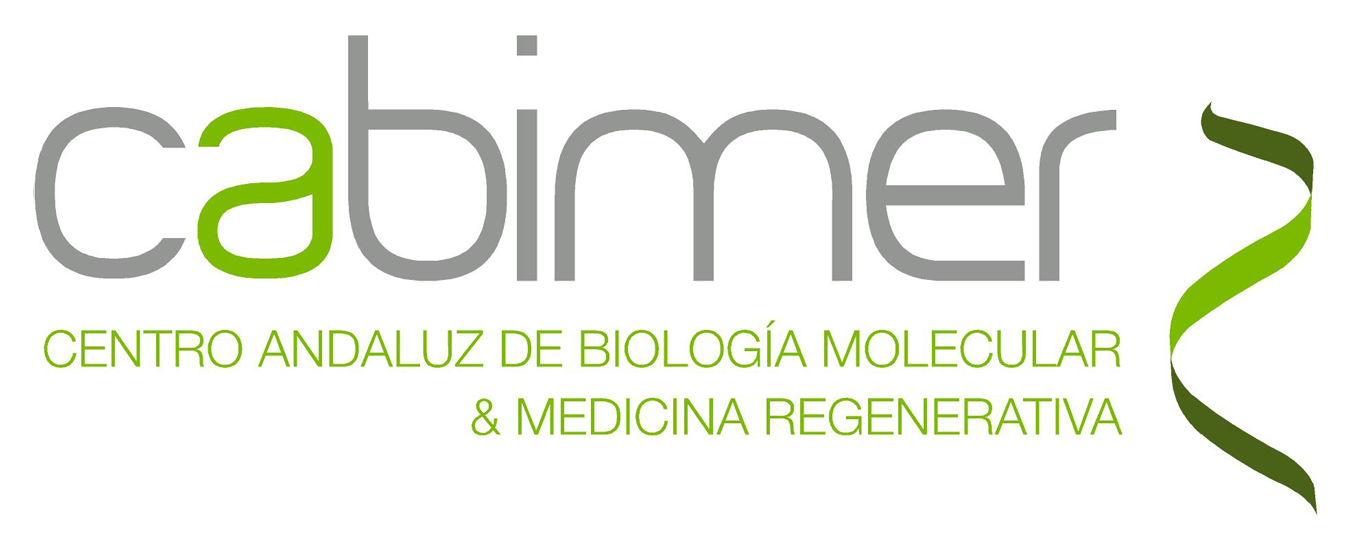Pancreatic Islet Development & Regeneration
Research Lines:
1. Pancreatic islet physiology and pathophysiology
2. Gene regulatory networks implicated in b-cell plasticity
3. Anti-diabetic drug development and testing
Summary of activities:
To date, over 366 million people worldwide have been diagnosed with Diabetes Mellitus (DM) and this number is predicted to reach 552 million by 2030 (www.idf.org). Global healthcare costs to treat or prevent diabetes are estimated to be 267 billion €. Both in Type 1 and Type 2 diabetes, progression of the disease ultimately results in b-cells death and insulin insufficiency.
b-cell regeneration
The ultimate goal of diabetes treatment is to prevent -β-cell death, maintain insulin production and sustain normal blood glucose levels. In this scope, new therapies focusing on the preservation and/or regeneration of pancreatic islet b-cells that produce insulin would benefit patients and alleviate the necessity of daily insulin injections. Our patient-oriented research focuses on harnessing the molecular pathways regulating b-cell replication and functional performance as well as increasing survival to physiological insults. More specifically, we are deciphering the functional role of key factors such as Pax4 and HMG20A in rodent as well as in human islet physiology. Mutations and polymorphisms in these genes have been associated to DM. We are also exploring the impact of novel factors such as LRH-1 and Pax8 on islet development and mature function. Using a combination of genomic and proteomic tools, we are gradually deciphering the molecular targets of these master regulators.
Anti-diabetic drug development and testing
A major goal in the treatment of diabetes and its related complications is to identify new ‘druggable’ factors that can be pharmacologically modulated to improve the functional -β-cell mass and insulin target tissues in diabetic patients. In this perspective, we have already characterized a promising small LRH-1 agonist, BL001, capable of protecting human islets against stress-induced cell death. Transgenic animals are also being developed as model system to comprehend the role of these factors on islet physiology and determine their impact on whole organism glucose metabolism. Novel technologies such as non-invasive in vivo imaging are being applied to assess alterations in β-cell mass in response to environmental insults in living transgenic animals.Additionally, new lines of research are investigating novel therapeutically promising agents inhibiting lipogenic pathways to increase insulin responsiveness in insulin-target tissues. The long-term objective is to translate quality basic research to new innovative therapies for the treatment of diabetes.
Financial support:
-Ministerio de Ciencia, Innovacion y Universidad
-Junta de Andalucía (Consejería de Salud)
-Junta de Andalucía (Consejería de Innovación, Ciencia y Empresa)
-European Union (FEDER)
-Fundación Publica Andaluza Progreso y Salud
-Fundación Vencer el Cáncer
-Asociación Lucha y Sonríe por la Vida – Pilas
-Juvenile Diabetes Research Foundation – New York
-Fundacion DiabetesCero
PUBLICATIONS (2 past years)
- Martin-Montalvo A, López-Noriega L, Jiménez-Moreno C, Herranz A, Lorenzo PI, Cobo-Vuilleumier N, Tamayo A, González-Guerrero C, Hofsteede JSWR, Lebreton F, Bosco D, Toscano MG, Herranz L, Anselmo J, Moreno JC, Gauthier BR. 2019. Transient PAX8 Expression in Islets During Pregnancy Correlates With Beta Cell Survival Revealing a Novel Candidate Gene in Gestational Diabetes Mellitus. Diabetes. 68:109
- Cobo-Vuilleumier N, Lorenzo PI, Rodríguez NG, Herrera Gómez IG, Fuente-Martin E, López-Noriega L, Mellado-Gil JM, Romero-Zerbo SY, Baquié M, Lachaud CC, Stifter K, Perdomo G, Bugliani M, De Tata V, Bosco D, Parnaud G, Pozo D, Hmadcha A, Florido JP, Toscano MG, de Haan P, Schoonjans K, Sánchez Palazón L, Marchetti P, Schirmbeck R, Martín-Montalvo A, Meda P, Soria B, Bermúdez-Silva FJ, St-Onge L, Gauthier BR. 2018. LRH-1 agonism favours an immune-islet dialogue which protects against diabetes mellitus. Nat Commun. 9(1):1488
- Cobo-Vuilleumier N, Lorenzo PI, Gauthier BR. 2018. Targeting LRH-1/NR5A2 to treat type 1 diabetes mellitus. Cell Stress. 2:141
- Lorenzo PI, Cobo-Vuilleumier N, Gauthier BR. 2018. Therapeutic potential of pancreatic PAX4-regulated pathways in treating diabetes mellitus. Curr Opin Pharmacol. 43:1
- Mellado-Gil Jose M, Fuente-Martín Esther ,Lorenzo Petra I, Cobo-Vuilleumier Nadia, López-Noriega Livia , Martín-Montalvo Alejandro, de Gracia Herrera Gómez Irene, Ceballos-Chávez Maria, Gómez-Jaramillo Laura, Campos-Caro Antonio, Romero-Zerbo Silvana Y, Rodríguez-Comas Júlia , Servitja Joan-Marc,Rojo-Martinez G ,Hmadcha K, Soria B, Bugliani M, Marchetti P, Bérmudez-Silva FJ, Reyes JC, Aguilar-Diosdado M and Gauthier B. 2018. The type 2 diabetes-associated HMG20A gene is mandatory for islet beta cell functional maturity. Cell Death & Disease. 9:279
- López-Noriega L, Cobo-Vuilleumier N, Narbona-Pérez ÁJ, Araujo-Garrido JL, Lorenzo PI, Mellado-Gil JM, Moreno JC, Gauthier BR, Martín-Montalvo A. 2017. Levothyroxine enhances glucose clearance and blunts the onset of experimental type 1 diabetes mellitus in mice. Br. J. Pharmacol. 174:3795
- Lorenzo PI, Juárez-Vicente F, Cobo-Vuilleumier N, García-Domínguez M, Gauthier BR. 2017. The Diabetes-Linked Transcription Factor PAX4: From Gene to Functional Consequences. Genes 8:e101
- Martin-Montalvo A, Lorenzo PI, López-Noriega L, Gauthier BR. 2017. Targeting pancreatic expressed PAX genes for the treatment of diabetes mellitus and pancreatic neuroendocrine tumors. Expert Opin Ther Targets. 21:77
PATENTS:
- LSD1 inhibitors for the use in the treatment of type 2 diabetes. 2019. EP19382051
- Compuestos para el tratamiento de la diabetes mellitus. 2017. P201731031
- Agents for increasing the secretion of anti-inflammatory cytokines. 2016. WO/2016/156531








